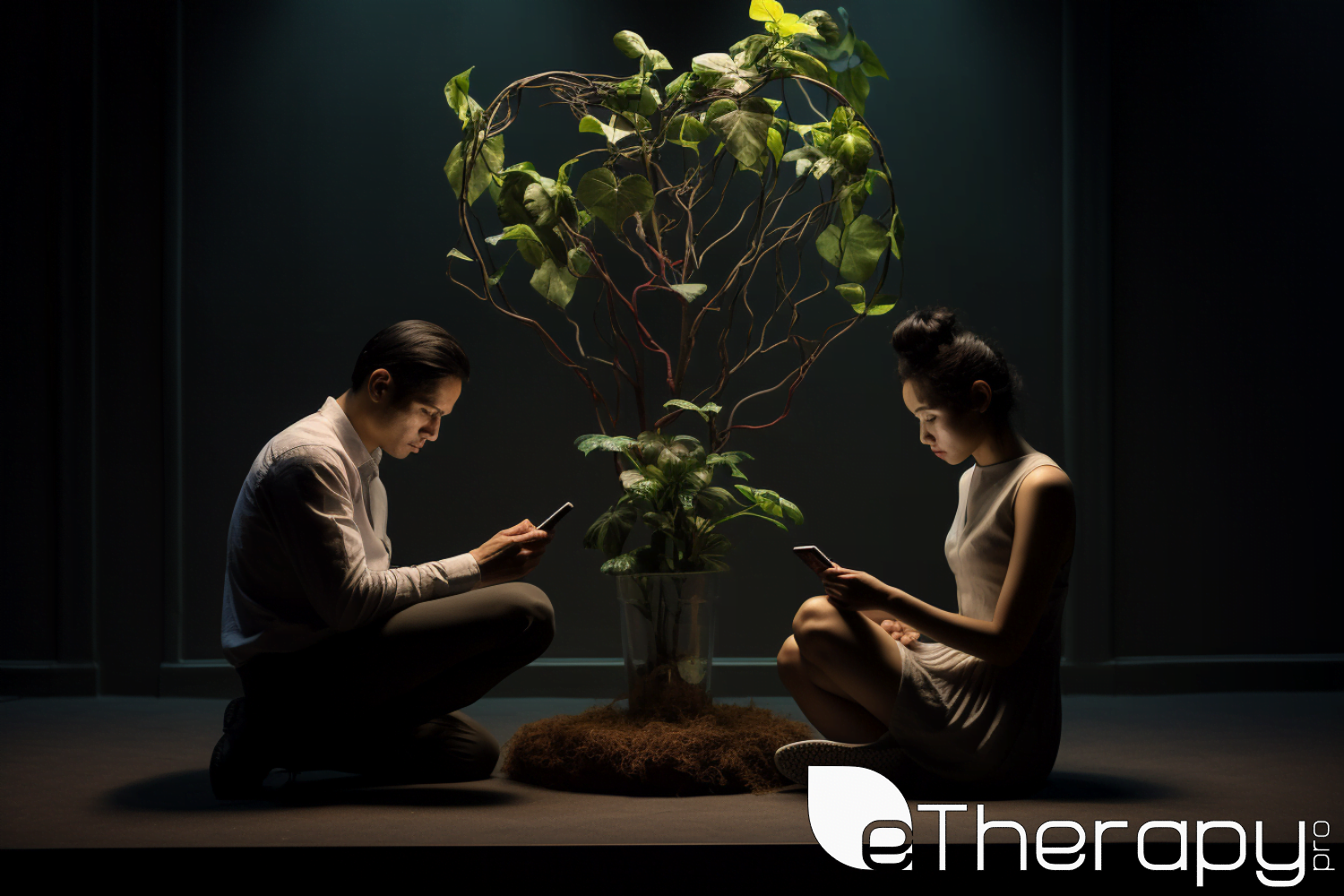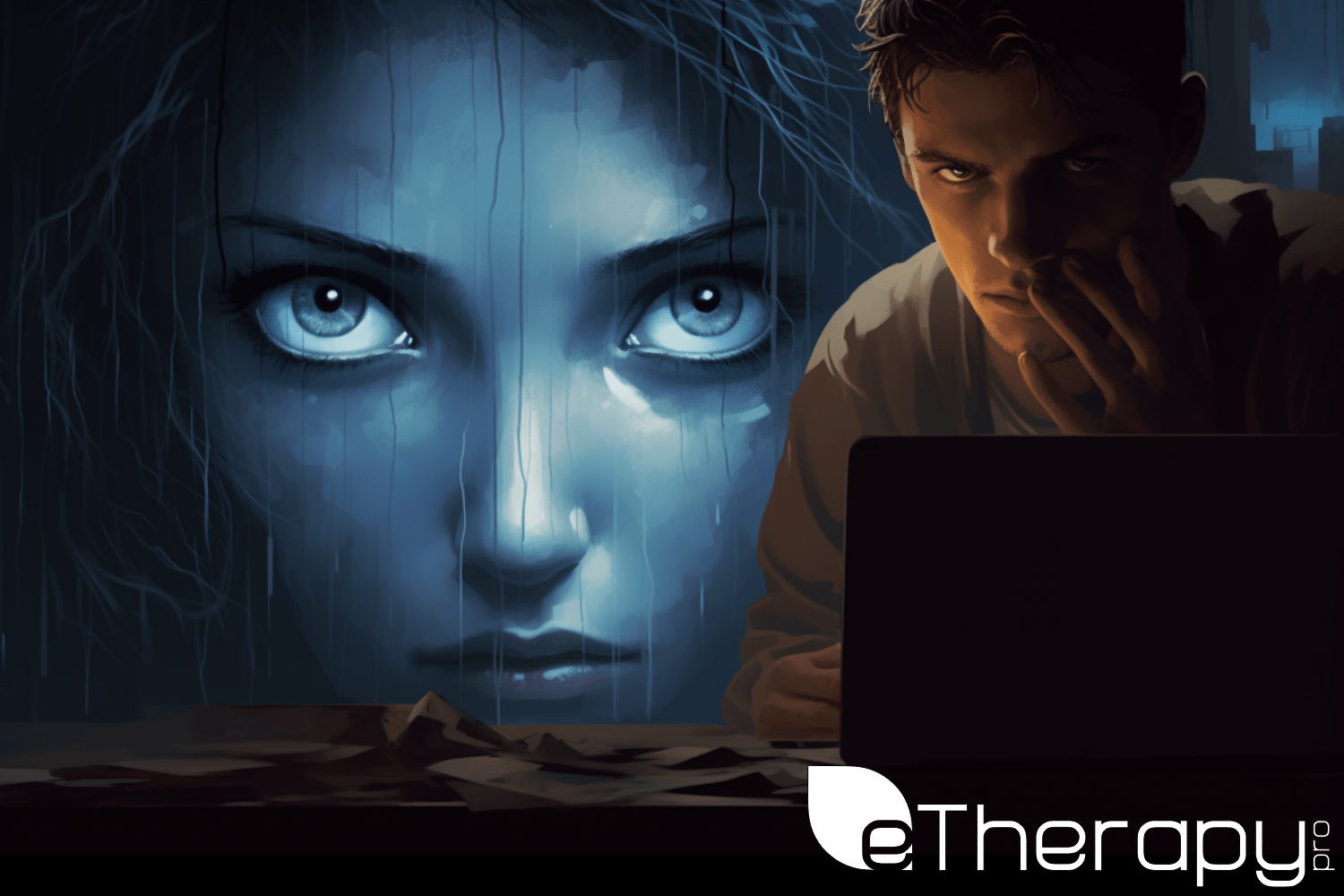 In our relentless pursuit of success and happiness, how often do we pause and truly consider what self-care means for us? Amidst the daily grind, self-care is frequently viewed as a luxury or an indulgence. However, as the poet and activist Audre Lorde powerfully stated:
In our relentless pursuit of success and happiness, how often do we pause and truly consider what self-care means for us? Amidst the daily grind, self-care is frequently viewed as a luxury or an indulgence. However, as the poet and activist Audre Lorde powerfully stated:
Caring for myself is not self-indulgence, it is self-preservation, and that is an act of political warfare. – Audre Lorde
This profound statement sets the tone for our exploration of self-care. In this article, we delve into the fundamental aspects of self-care, understanding it as a vital practice for maintaining not just physical wellness but our mental and emotional health too. We will uncover the various dimensions of self-care Tips – physical, mental, emotional, and spiritual – and explore why it’s essential in our lives, especially in today’s fast-paced and often stressful world. Self-care is more than an occasional treat; it’s a continuous commitment to oneself. As we navigate through the nuances of effective self-care practices, we aim to provide you with the insights and tools to integrate these habits into your daily life, transforming self-care from a concept into a fulfilling and empowering lifestyle.
Physical Aspects of Self-Care Tips
When it comes to self-care, taking care of our physical health is a cornerstone. A balanced approach to nutrition, exercise, rest, and regular health check-ups is essential for maintaining our overall well-being.
Nutrition and Hydration
The food we eat and the fluids we drink play a crucial role in our physical and mental health. A balanced diet rich in fruits, vegetables, whole grains, lean proteins, and healthy fats provides the necessary nutrients for our body and brain to function optimally. Hydration is equally important; water is essential for virtually every bodily process, including cognitive function and mood regulation. Consistently eating well and staying hydrated are foundational practices in self-care.
Exercise and Rest
Regular physical activity is a key component of self-care. Exercise not only strengthens the body but also releases endorphins, which have mood-boosting effects. It can be a powerful tool for managing stress and anxiety. Equally important is rest, including quality sleep. Adequate rest rejuvenates the body, helps regulate emotions, and improves cognitive functions like memory and attention. Balancing exercise with proper rest is vital for holistic self-care.
Health Check-ups
Regular health check-ups are vital for early detection and prevention of health issues. They provide an opportunity to discuss any concerns with healthcare professionals and receive personalized advice. Additionally, being attuned to your body’s signals and seeking medical advice when something feels off is an important aspect of caring for your physical health.
These physical aspects of self-care are fundamental to maintaining and improving our overall health and well-being. By paying attention to our nutrition, hydration, physical activity, rest, and regular health check-ups, we lay a solid foundation for a healthier, more balanced life.
Mental and Emotional Self-Care Tips
While physical self-care lays the foundation, mental and emotional self-care are equally crucial for a balanced and fulfilling life. This aspect of self-care involves managing stress, expressing emotions healthily, and taking breaks from the digital world.
Stress Management
In our hectic lives, stress can feel like an inevitable companion, but its management is key to mental well-being. Techniques such as mindfulness and meditation offer a way to center oneself and find calm in the chaos. These practices help in focusing on the present moment, reducing anxiety, and enhancing overall emotional balance. Engaging in hobbies or activities that bring joy can also be a form of stress relief, providing a necessary break from the daily grind.
Emotional Expression and Support
Healthily expressing emotions is an essential part of emotional self-care. This may involve journaling, art, or talking to a trusted friend or therapist. Recognizing when to seek support is vital; no one should have to navigate emotional challenges alone. Building a support network, whether through friends, family, or mental health professionals, can provide a safe space for sharing and growth.
Building a robust support system, which may include friends, family, or mental health professionals, is essential. For those who prefer an online platform for convenience or privacy, services like eTherapyPro offer a discreet and accessible way to connect with professional therapists. eTherapyPro can provide the much-needed space to openly discuss emotions and receive guidance, helping individuals navigate through their emotional landscape.
Digital Detox
In an age where our lives are increasingly online, taking time for a digital detox can be incredibly beneficial. Stepping away from screens and social media allows us to reconnect with ourselves and our surroundings, reducing the stress and anxiety that constant digital connection can bring. Periodic digital breaks can help maintain a healthy perspective on life and prioritize real-world interactions.
Focusing on these mental and emotional self-care practices enables us to handle life’s ups and downs more effectively. It’s about building resilience, fostering emotional intelligence, and creating a space where our mental health can flourish.
Spiritual and Social Self-Care
Spiritual and social self-care are vital aspects of our overall well-being. They involve fostering a sense of purpose, nurturing relationships, and pursuing personal growth, all of which contribute to a richer, more fulfilling life.
Finding Meaning and Purpose
Engaging in activities that provide a sense of meaning and purpose can profoundly impact our mental health. This could involve volunteering, which not only helps others but can also provide a deep sense of fulfillment. Creative pursuits like writing, painting, or playing music allow for self-expression and can be a source of joy and satisfaction. Finding and engaging in activities that resonate with your values and passions can be a powerful form of spiritual self-care Tips.
Building Relationships
Humans are social creatures, and nurturing relationships is essential for our emotional well-being. Building a supportive community involves investing time and effort in relationships with family, friends, and colleagues. It’s about creating meaningful connections, offering and receiving support, and feeling a sense of belonging. Healthy relationships can provide comfort, joy, and a buffer against the stresses of life.
Personal Growth
Committing to lifelong learning and personal development is another key aspect of self-care. This could include pursuing educational goals, learning new skills, or engaging in self-reflection practices. Personal growth activities challenge us, keep our minds active, and can lead to a greater understanding of ourselves and the world around us.
Focusing on spiritual and social self-care enriches our lives, providing a sense of connection, purpose, and growth. As we foster these aspects, we create a more balanced and fulfilling life journey.
Conclusion Of Self-Care Tips
As we wrap up our exploration of self-care, it’s vital to remember that this journey is deeply personal and a profound act of self-respect. Self-care is not a one-size-fits-all formula; it’s about discovering what nourishes and replenishes you at every level. As Jim Rohn insightfully put it:
Take care of your body. It’s the only place you have to live. – Jim Rohn
This journey of self-care invites us to take small, consistent steps toward nurturing our body, mind, and spirit. Integrating these practices into our daily lives might seem daunting at first, but each small effort contributes significantly to our overall well-being. Remember, the path to wellness is ongoing – a series of choices that we make every day. By committing to these self-care practices, we honor ourselves and embrace a life of balance, health, and fulfillment. Let this be your guide to a more mindful, healthier, and happier you.
 Imagine a family dinner table where the only sound is the clinking of cutlery against plates. There’s a palpable tension in the air, but nobody says a word. It might seem like a scene from a melodramatic movie, but for many, it’s an all-too-familiar reality. Families, friends, and
Imagine a family dinner table where the only sound is the clinking of cutlery against plates. There’s a palpable tension in the air, but nobody says a word. It might seem like a scene from a melodramatic movie, but for many, it’s an all-too-familiar reality. Families, friends, and 
 Online Snooping: Curiosity or Compulsion?
Online Snooping: Curiosity or Compulsion?